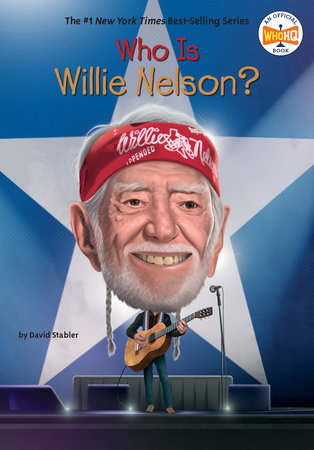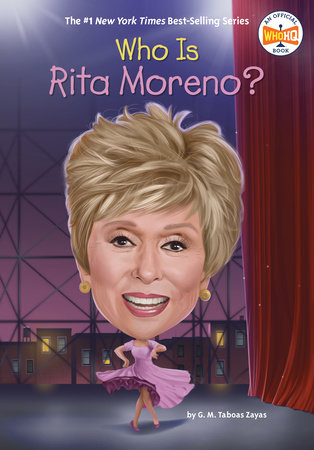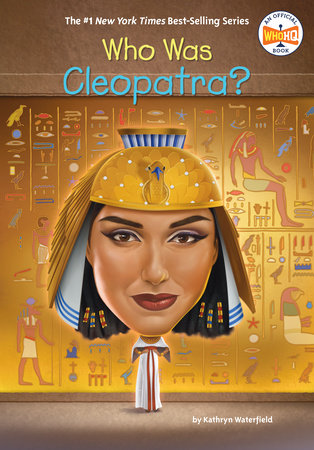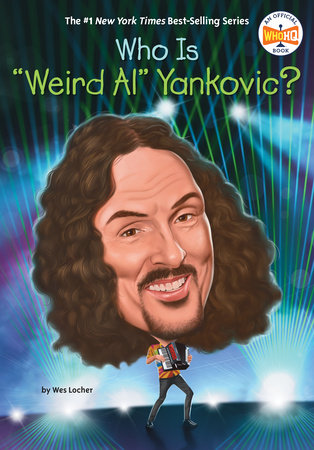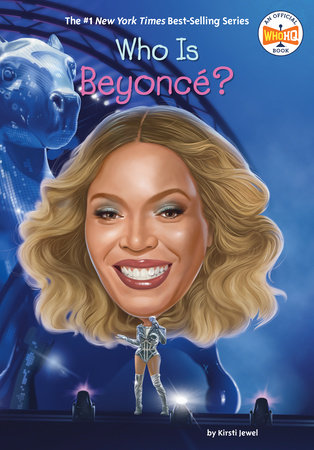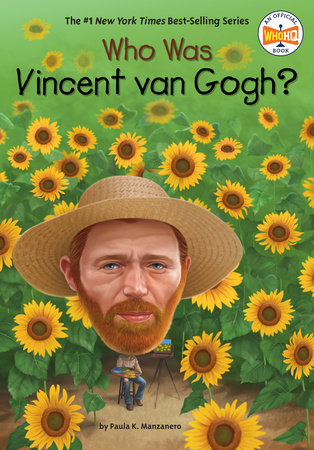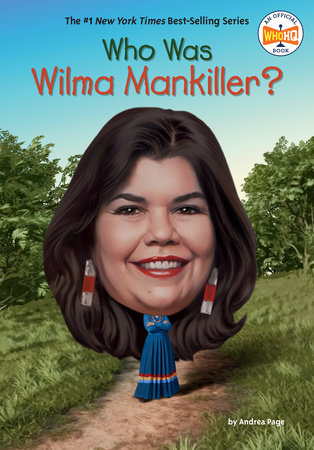Excerpt
Who Is Willie Nelson?
Who Is Willie Nelson?One day in 1938, in a little town called Abbott, Texas, a five-year-old redheaded boy named Willie Nelson stepped in front of a crowd at the town’s church picnic. He wore a fancy white sailor suit and held a poem given to him by his grandmother.
Little Willie had always liked to perform, and people’s eyes seemed to be on him wherever he went. This time, however, his audience was much larger than just a few people. It seemed like every family in town had gathered for the big party. Neighbors prayed, sang songs, ate food, and chatted with each other.
The stage for Willie’s performance was just the back of a big truck. But to a five-year-old, that seemed like an impossibly high mountain. Willie was nervous as he climbed up to the stage. So nervous, in fact, that he did what many little kids do when they’re nervous—he picked his nose! So much so, that it started to bleed.
By the time it was Willie’s turn to speak to the crowd, his white sailor suit had little red spots on it from his bloody nose. But Willie didn’t let that stop him. Taking a deep breath, he stood up there and started to recite. But instead of reciting the poem from his grandma, he made up his own.
As he spoke, he held one nostril shut with his hand to stop his nosebleed. In a pinched but clear voice, Willie said:
What are you looking at me for?I ain’t got nothin’ to say.If you don’t like the looks of meYou can look some other way.
As the crowd clapped and cheered, Willie was happy and relieved. He had not stumbled over his words, and it seemed as if everyone at the picnic really liked him. He enjoyed being the center of attention, making everyone smile. The people in the audience felt like his family, and he gave them a big, thankful grin. When he stepped down, he knew he wanted to keep putting on shows.
From that day on, everyone in Abbott called Willie Nelson “Booger Red” because of his nosebleed. But they weren’t making fun of him. They were encouraging him. They wanted to hear more from Willie. And over the years, they would. This is the story of how that shy Central Texas farm boy grew into one of the world’s most beloved entertainers.
Chapter 1Texas ChildhoodWillie Hugh Nelson was born in the town of Abbott in Hill County in Central Texas on April 29, 1933. His parents were Myrle Marie and Ira Doyle Nelson.
His cousin Mildred gave him the name Willie. She also chose Hugh as his middle name to remember her brother who had passed away.
Willie’s family had a long history in America, going all the way back to the time of the American Revolution. One of his ancestors, John Nelson, was even a major in the war for independence. Willie’s parents came to Texas from Arkansas in 1929 to find jobs during the Great Depression.
Willie had a sister named Bobbie who was two years older than he was. Sadly, Willie’s mom left the family not long after he was born, and his dad got married again and moved away. Willie and Bobbie were left to be raised by their grandparents, whom they called Mama and Daddy Nelson. Daddy Nelson was a blacksmith. Both he and Mama also worked as music teachers.
The Great DepressionThe Great Depression started when the stock market crashed in 1929, which meant that people lost a lot of the money that they had invested. This forced many businesses to close, and many people to lose their jobs. It was a very sad time in American history. People didn’t have enough money to pay for things they needed, like their homes, food, and clothes. Families had to stand in long lines just to get some food to eat. The economic hardships lasted all through the 1930s. They did not truly end until the United States entered World War II in 1941.Willie was a playful toddler who was sometimes difficult to control. Sometimes Mama Nelson had to tie him to a pole to keep him from wandering off. School was just “okay” for Willie. He liked listening to music more than paying attention in class.
Willie’s sister, Bobbie, was always a better student than he was. From an early age, Bobbie learned to read music and play the piano. By the time she was ten, she was known all across the county as a piano prodigy—a person with exceptional talent.
Willie took an interest in a different instrument. When he was six years old, his grandparents bought him his first guitar. Daddy Nelson even taught him how to play it.
Willie loved performing right from the start. On Sundays, he and Bobbie sang songs in the town church together. Hymns like “Amazing Grace” and “Rock of Ages” were a source of joy for Willie, even if he didn’t always know what the words meant. Before long, Willie started trying to come up with his own lyrics. He wrote his first song when he was just seven years old.
Besides music, Willie also liked going to the movies. Westerns were his favorite type of movie. Willie enjoyed watching the cowboy heroes ride across the range. Sometimes they even carried their guitars with them and sang.
Songs like “Happy Trails to You” and “Back in the Saddle Again” weren’t like the hymns Willie learned in church, but they inspired him in the same kind of way. “Singing cowboys” like Tex Ritter, Gene Autry, and Roy Rogers became people that Willie looked up to and wanted to imitate.
Willie also enjoyed reading comic books and learning about martial arts. He taught himself jujitsu and judo by reading instructional pamphlets. He raised calves and hogs and helped with the gardening on the family farm. But because times were so tough during the Depression, his family often had difficulty paying for groceries.
Singing Cowboys “Singing cowboys” got their start in the 1930s, around the time when radio became popular and silent movies gave way to “talkies.” They were performers who sang and rode horses. Gene Autry and Roy Rogers were two of the most famous singing cowboys of this era. They appeared as cowboys in movies and also sang on the radio.
Their songs were mostly about being brave, finding love, and going on adventures. Singing cowboys were most popular during difficult times like the Great Depression and World War II, when people looked up to them as heroes. By the 1950s, when movie westerns started to decline, the era of the singing cowboy had come to an end.During the summer when he wasn’t in school, Willie and his family had to pick cotton in the fields to earn extra money. But Willie didn’t like picking cotton. It was difficult, backbreaking work, especially in the scorching hot Texas summers. Sometimes Willie and his friends would uncover bumblebee nests while working in the fields. They went home and made paddles out of old wooden apple crates. Then they returned to the fields to battle the bumblebees with their paddles. Willie got stung a lot, and his eyes would swell up because of the stings.
Willie wanted to find a safer way to earn money. One day he walked into the town barbershop with his guitar and started singing. One of the customers handed Willie a quarter. That was the first time he earned money from his music. Later, Willie put together a hand-drawn book of fifteen of his own songs, entitled “Songs by Willie Nelson.” But nobody wanted to buy his songs just yet.
Willie had decided that someway, somehow, he would make a living off his musical talents. But how?


